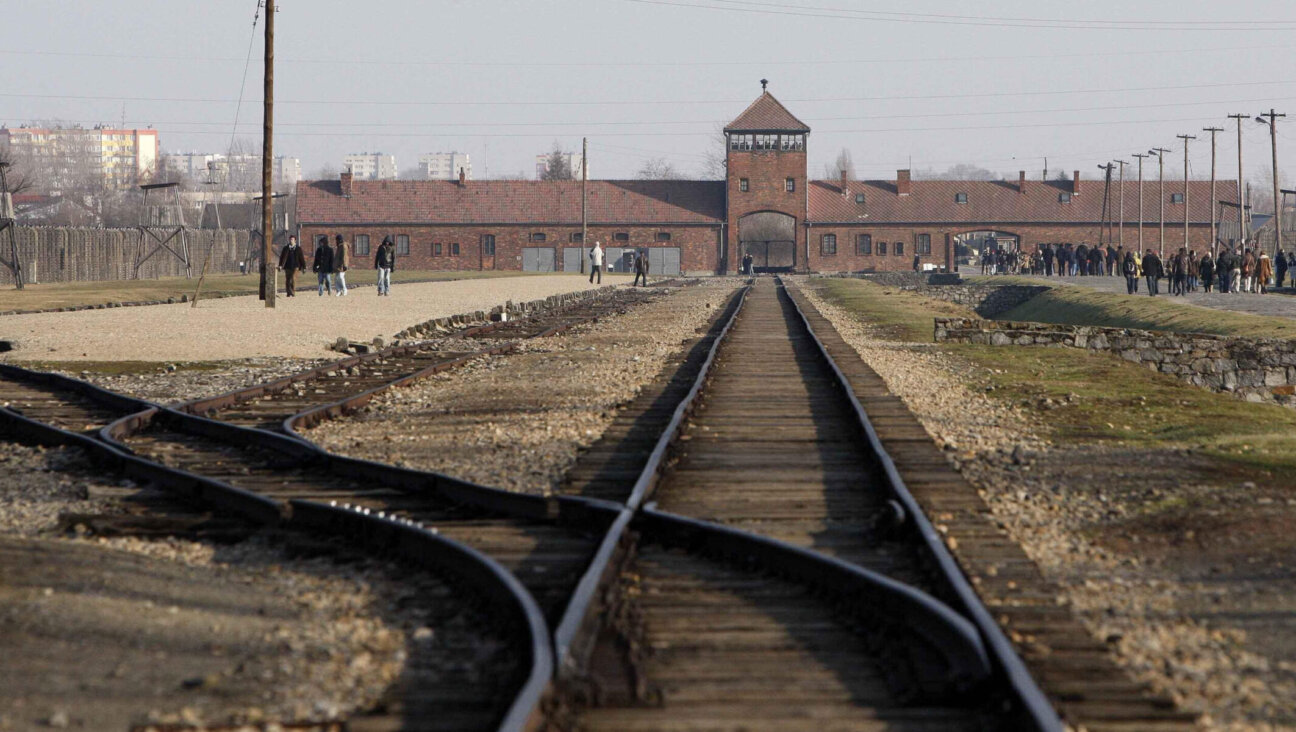Occupy Protesters Return, In Smaller Numbers

Image by getty images
Occupy Wall Street celebrated its one-year anniversary on Monday with a day of demonstrations that resulted in nearly 150 arrests but failed to produce the turnout or fervor that first propelled the movement into the national conversation.
The demonstrations attracted roughly 1,000 activists, down sharply from last fall, highlighting the challenge the movement has faced in trying to sustain interest in protesting against what it calls an unfair economic system.
The New York Police Department, with a heavy presence of officers on foot, in cars, and on motorcycles and horseback, arrested about 146 demonstrators in the financial district, it said. The NYPD set up heavy security around the New York Stock Exchange, major banks and government buildings.
Wall Street’s landmark Charging Bull, a 7,100-pound (3,220-kg) bronze sculpture, received extra police protection.
“A lot of media is saying that Occupy is dying down, but I think the fact that over 100 people were arrested this morning shows that Occupy is still part of the conversation,” said one protester, Caleb Maupin, 24, of Queens.
“We’ve been locked out, people my age don’t have much chance of getting a job, so we have to do something to get people’s attention,” Maupin said.
Marching to the sounds drums, trumpets and saxophones, the protesters showered the streets of lower Manhattan with chants of “All Day, All Week, Occupy Wall Street” and taunted police with donuts suspended at the end of fishing rods.
“Put down your guns and join the people,” one middle-aged woman shouted at police.
Occupy Wall Street protesters, who popularized the phrase “We are the 99 percent,” kicked off the demonstrations early Monday near Zuccotti Park, where a spontaneous encampment became their unofficial headquarters last year.
“What happened here a year ago was a process that cannot be stopped,” Pulitzer prize-winning author Chris Hedges said. “What happened here a year ago will ultimately spell the doom of the corporate state.”
Crowds grew steadily over the course of the day, with protesters briefly disrupting the morning commute and drawing a smattering of onlookers, both New Yorkers making their way to the office and tourists taking in the financial district on a warm fall day.
Still, confrontations between protesters and the police, while heated, stopped short of the disorder that broke out at times last year. In one instance last October, more than 700 protester were arrested when they blocked traffic on the Brooklyn Bridge.
“It seems that Occupy Wall Street is losing momentum,” said Vincent Smorto, 63, a network engineer from Brooklyn who stopped briefly to watch the protests. “In the 60s when people were protesting the Vietnam war they knew exactly what they wanted. These folks do not seem exactly clear on what it is they want.”
Many of those working in the financial district shrugged off the protests, saying they amounted to little more than a brief inconvenience.
“A lot of people who work round here, they’re not making the policies they’re protesting against,” said Raymond Villaneuva, an intern at a mergers and acquisitions advisory firm.
The grassroots movement caught the world by surprise last fall with a spontaneous encampment in lower Manhattan that soon spread to cities across North America and Europe.
Occupy Wall Street briefly buoyed a spirit of U.S. social activism, and drew attention to economic injustice. But as weeks and months passed, donations to the flagship New York chapter have slowed to a trickle, polls show public support waning and media attention dropping precipitously.
A message from our Publisher & CEO Rachel Fishman Feddersen

I hope you appreciated this article. Before you go, I’d like to ask you to please support the Forward’s award-winning, nonprofit journalism so that we can be prepared for whatever news 2025 brings.
At a time when other newsrooms are closing or cutting back, the Forward has removed its paywall and invested additional resources to report on the ground from Israel and around the U.S. on the impact of the war, rising antisemitism and polarized discourse.
Readers like you make it all possible. Support our work by becoming a Forward Member and connect with our journalism and your community.
— Rachel Fishman Feddersen, Publisher and CEO





















